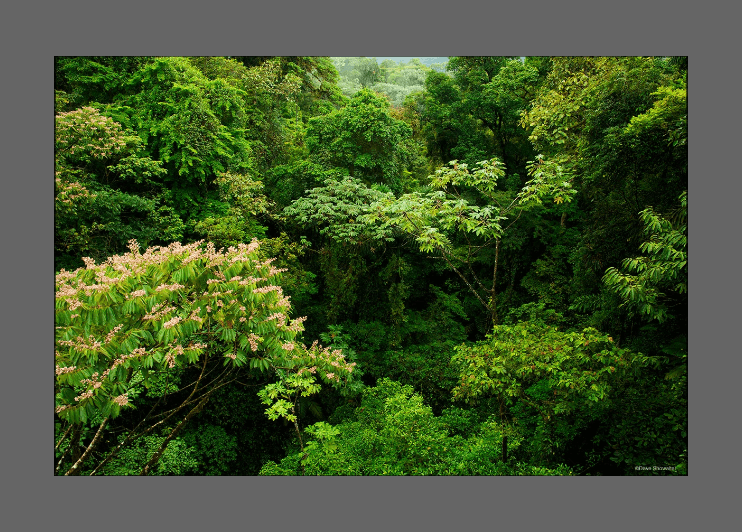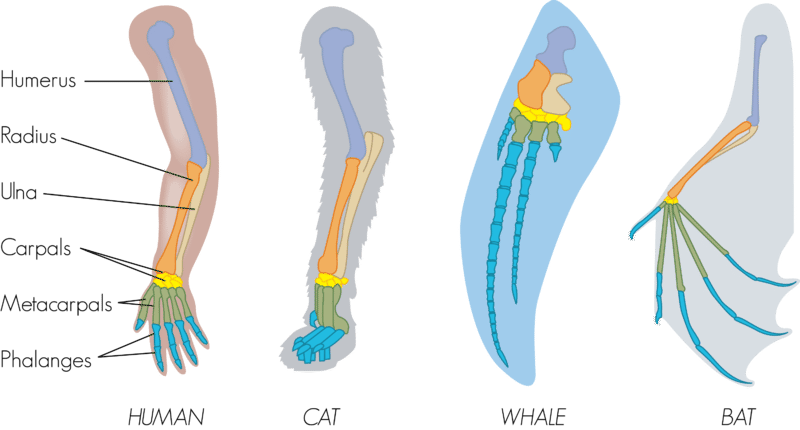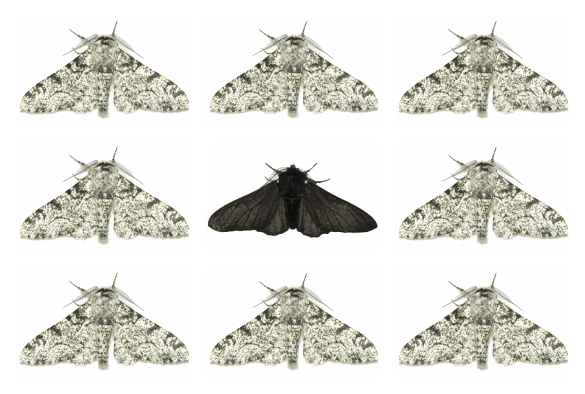A
B
C
D
The process by which species cease to exist is
El proceso por el cual las especies dejan de existir es
What is extinction?
¿Qué es la extinción?
Yellow beetle and green beetles live in the rainforest canopy. You would expect this population to increase:
El escarabajo amarillo y el escarabajo verde viven en el dosel de la selva tropical. Se esperaría que esta población aumentara:

What is the green population will increase and the yellow will decrease?
¿Cuál es la distribución de la población verde que aumentará y la amarilla que disminuirá?
What is the vocabulary for "survival of the fittest"?
¿Cuál es el vocabulario para "la supervivencia del más apto"?
What is Natural Selection?
¿Qué es la selección natural?
Bones or other structures in different organisms that are similar in shape and structure but serve a different purpose. -This indicates a common ancestor
Huesos u otras estructuras de diferentes organismos que son similares en forma y estructura pero que cumplen una función diferente.- Esto indica un ancestro común

What are homologous structures?
¿Qué son las estructuras homólogas?
In an arctic environment, which would survive longer: red foxes or white foxes?
White foxes
The process by which new species originate and can no longer interbreed with others in the group is
El proceso por el cual se originan nuevas especies y ya no pueden cruzarse con otras del grupo es
What is speciation?
¿Qué es la especiación?
What is most likely to happen to moth populations in the picture shown if they live in an area with trees that have light gray bark?
¿Qué es lo más probable que les suceda a las poblaciones de polillas en la imagen que se muestra si viven en un área con árboles que tienen corteza gris claro?

Dark moths--hunted easily, dark moths--population decreases.
Polillas oscuras: se cazan con facilidad; la población de polillas oscuras disminuye.
Does natural selection typically take a long time or a short time?
¿La selección natural suele tardar mucho o poco tiempo?
What is a Long time?
¿Qué es un tiempo largo?
Farmers and horticulturalists bred broccoli, cauliflower, kale, and cabbage from the wild mustard plant through..
Los agricultores y horticultores cultivaron brócoli, coliflor, col rizada y repollo a partir de la planta de mostaza silvestre a través de..
What is artificial selection?
¿Qué es la selección artificial?
A group of fish have been observed to show changes in mouth structure over many generations. What is this change a result of?
Fish adapting to the food source for survival.
What is a change in a gene that results in a new trait?
¿Qué es un cambio en un gen que resulta en un nuevo rasgo?
What is a mutation?
¿Qué es una mutación?
Evidence of the changes in a species' physical characteristics over long geological periods can best be shown through a study of
La evidencia de los cambios en las características físicas de una especie durante largos períodos geológicos se puede demostrar mejor a través de un estudio de
What is the fossil record
¿Qué es el registro fósil?
What is artificial selection?
¿Qué es la selección artificial?
The process by which humans use animal breeding and plant breeding to selectively develop particular phenotypic traits.
El proceso mediante el cual los humanos utilizan la cría de animales y plantas para desarrollar selectivamente rasgos fenotípicos particulares.
You discover an organism that has a nucleus, photosynthesizes, and is single celled. What kingdom does it likely belong to?
Descubres un organismo que tiene núcleo, realiza la fotosíntesis y es unicelular. ¿A qué reino pertenece probablemente?
Protist
Protista
Variations that are favorable become known as _____________.
What is adaptation?
A TRAIT that helps an organism to survive and reproduce in its environment
Un RASGO que ayuda a un organismo a sobrevivir y reproducirse en su entorno.
What is Adaptation?
¿Qué es la adaptación?
What would happen if the environment changes drastically and no organisms have fitting adaptations?
¿Qué pasaría si el medio ambiente cambiara drásticamente y ningún organismo tuviera adaptaciones adecuadas?
What is a species could go extinct?
¿Qué especie podría extinguirse?
After traveling to the Galapagos Islands, Darwin noticed a lot of variation among beak sizes in Finches. This variation was a result of:
Después de viajar a las Islas Galápagos, Darwin notó una gran variación en el tamaño de los picos de los pinzones. Esta variación era resultado de:
Developing different adaptations in order to survive on particular islands, specific to foods they eat.
Desarrollan diferentes adaptaciones para poder sobrevivir en determinadas islas, específicas de los alimentos que consumen.
Can an organism "CHOOSE" to evolve and change?
¿Puede un organismo “ELEGIR” evolucionar y cambiar?
No, organisms CANNOT CHOOSE to change their genes or traits!
¡No, los organismos NO PUEDEN ELEGIR cambiar sus genes o rasgos!
How many players are on a soccer field for one team if that team has a player with a red card?
10
In a population of mice there are tan and black mice. If the mice live in the environment on the right of the picture, which color will become most common and why?
En una población de ratones hay ratones de color canela y ratones negros. Si los ratones viven en el entorno de la derecha de la imagen, ¿qué color será el más común y por qué?

Black, because they are better camouflaged with the rocks
Negros, porque se camuflan mejor con las rocas.
What is a change or difference in offspring called?
¿Cómo se llama un cambio o diferencia en la descendencia?
What is a variation?
¿Qué es una variación?
An organism is discovered that is multicellular, heterotrophic, and is able to move. What kingdom does it likely belong to?
Se descubre un organismo pluricelular, heterótrofo y capaz de desplazarse. ¿A qué reino pertenece probablemente?
Animal/Protist
Animal/Protista
What are structures that remain in modern organisms from ancient relatives that no longer serve a purpose. Ex: Appendix and wisdom teeth
¿Cuáles son las estructuras que permanecen en los organismos modernos de parientes antiguos que ya no cumplen ninguna función? Por ejemplo: el apéndice y las muelas del juicio.
Vestigial Structures
Estructuras vestigiales
Where did Darwin's study the beaks of finches??
What is the Galapagos Islands?